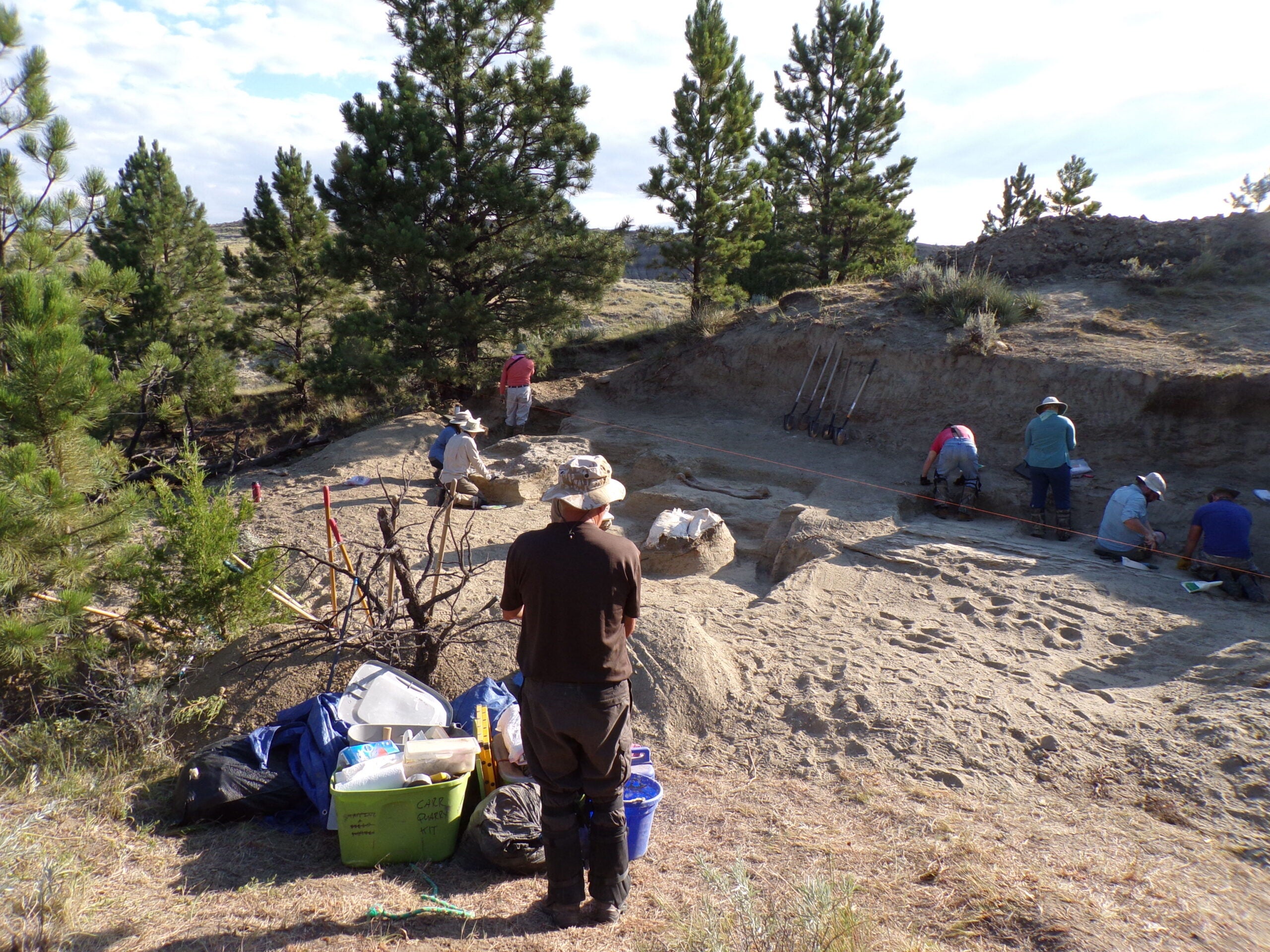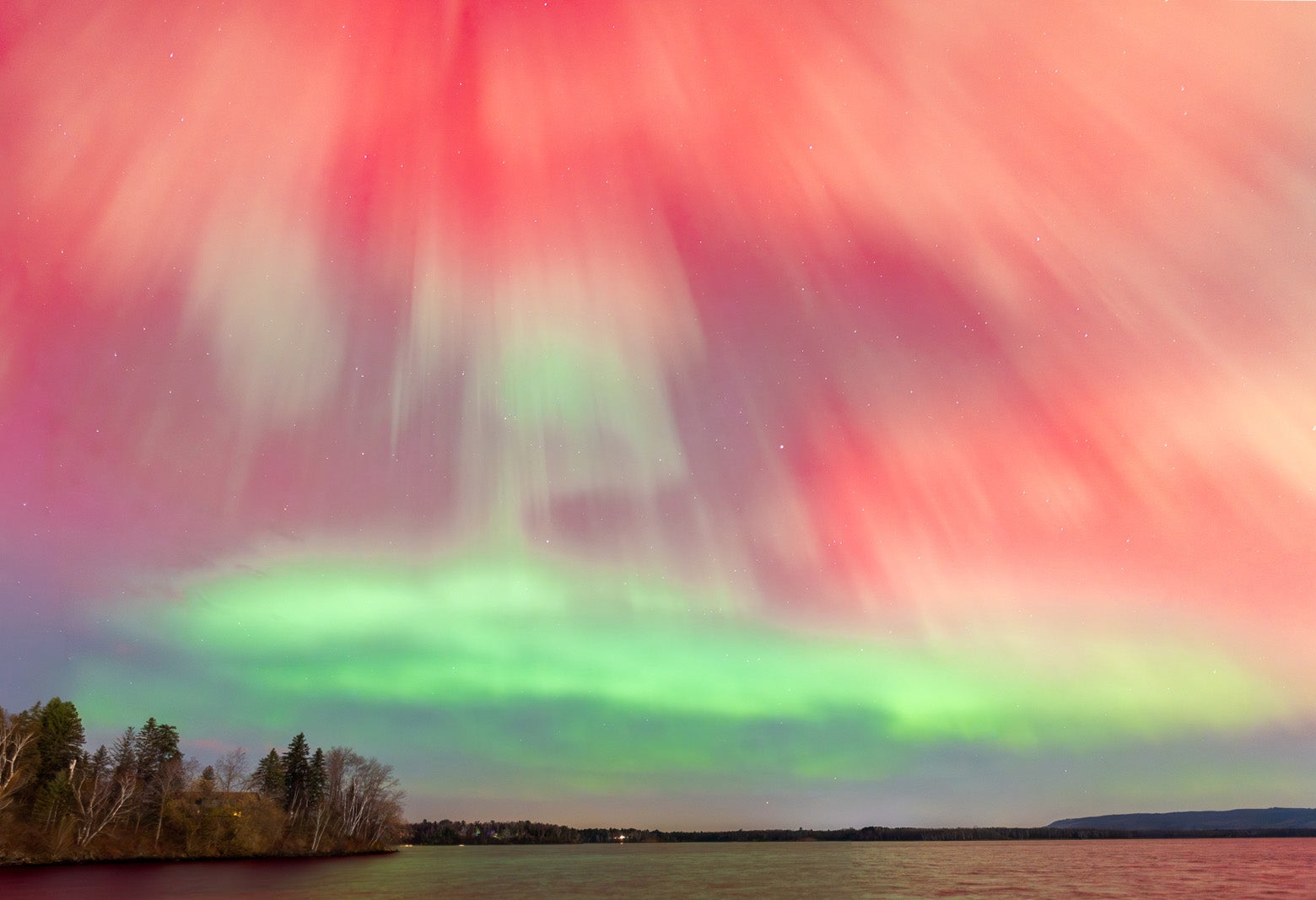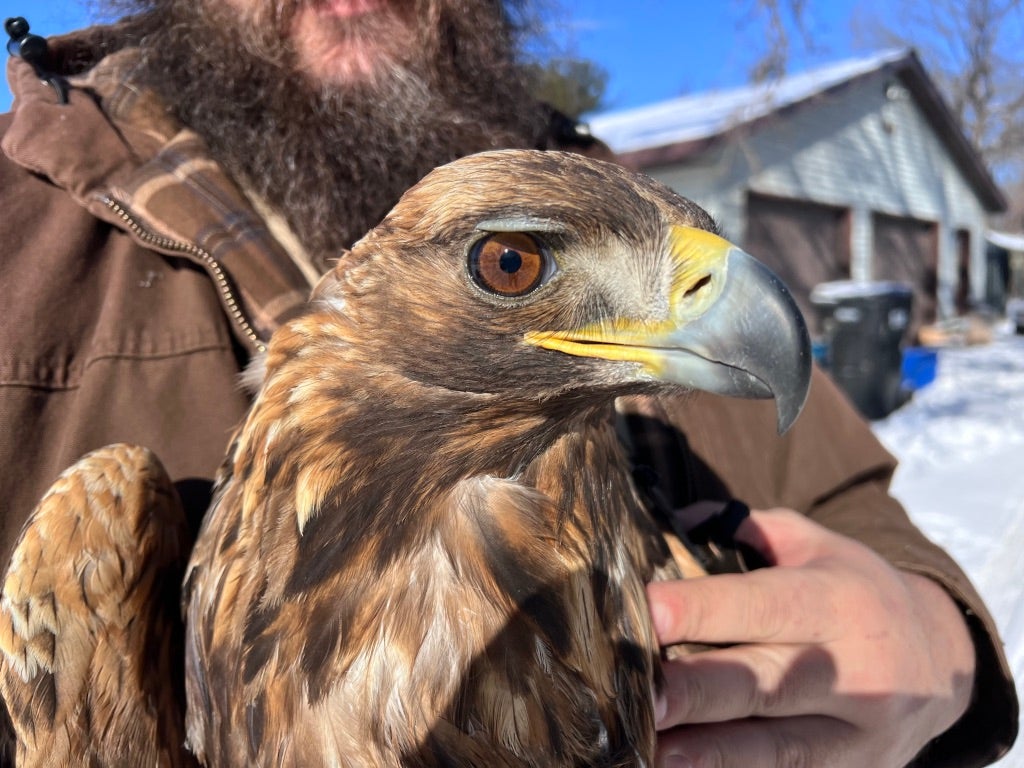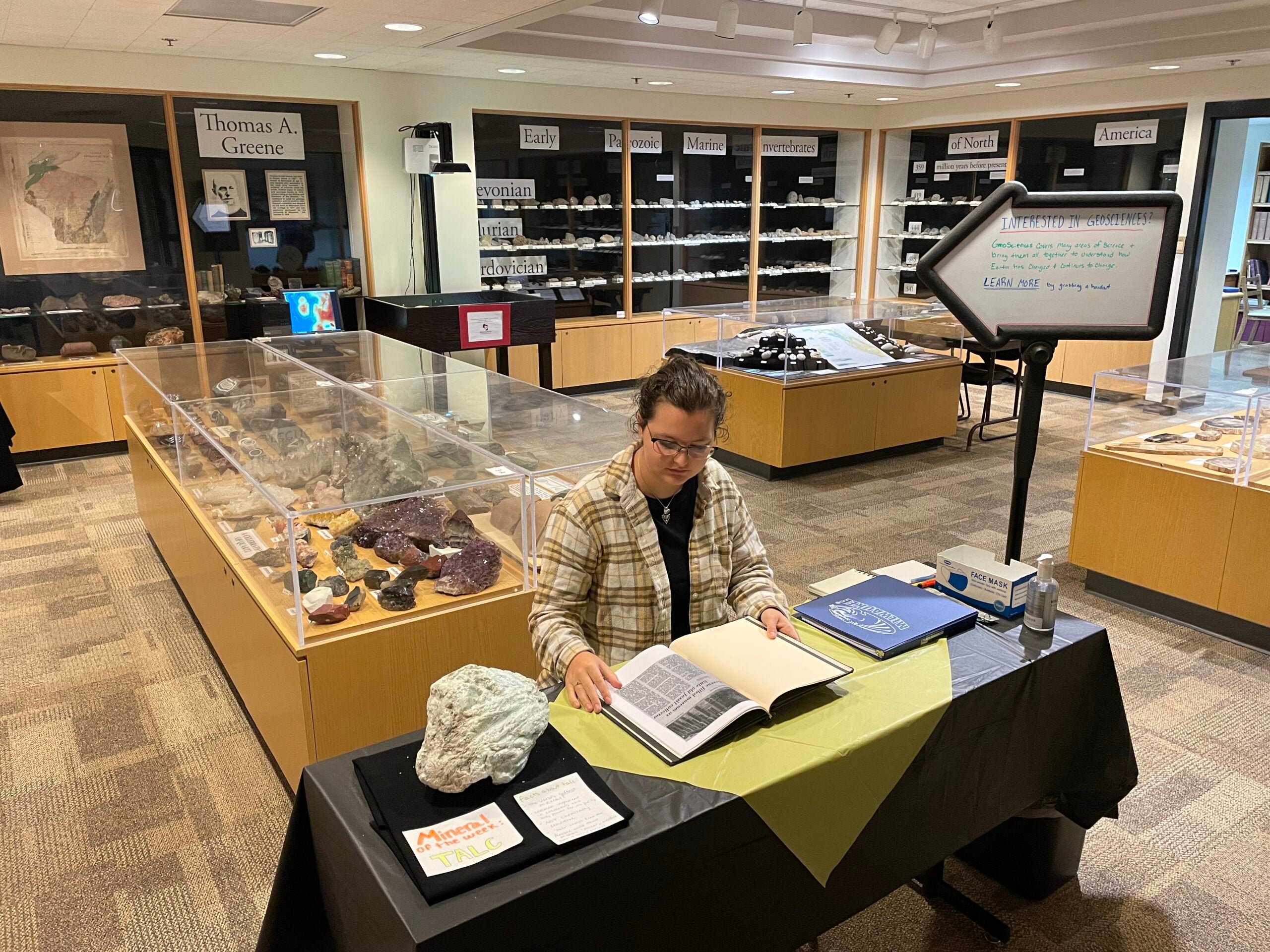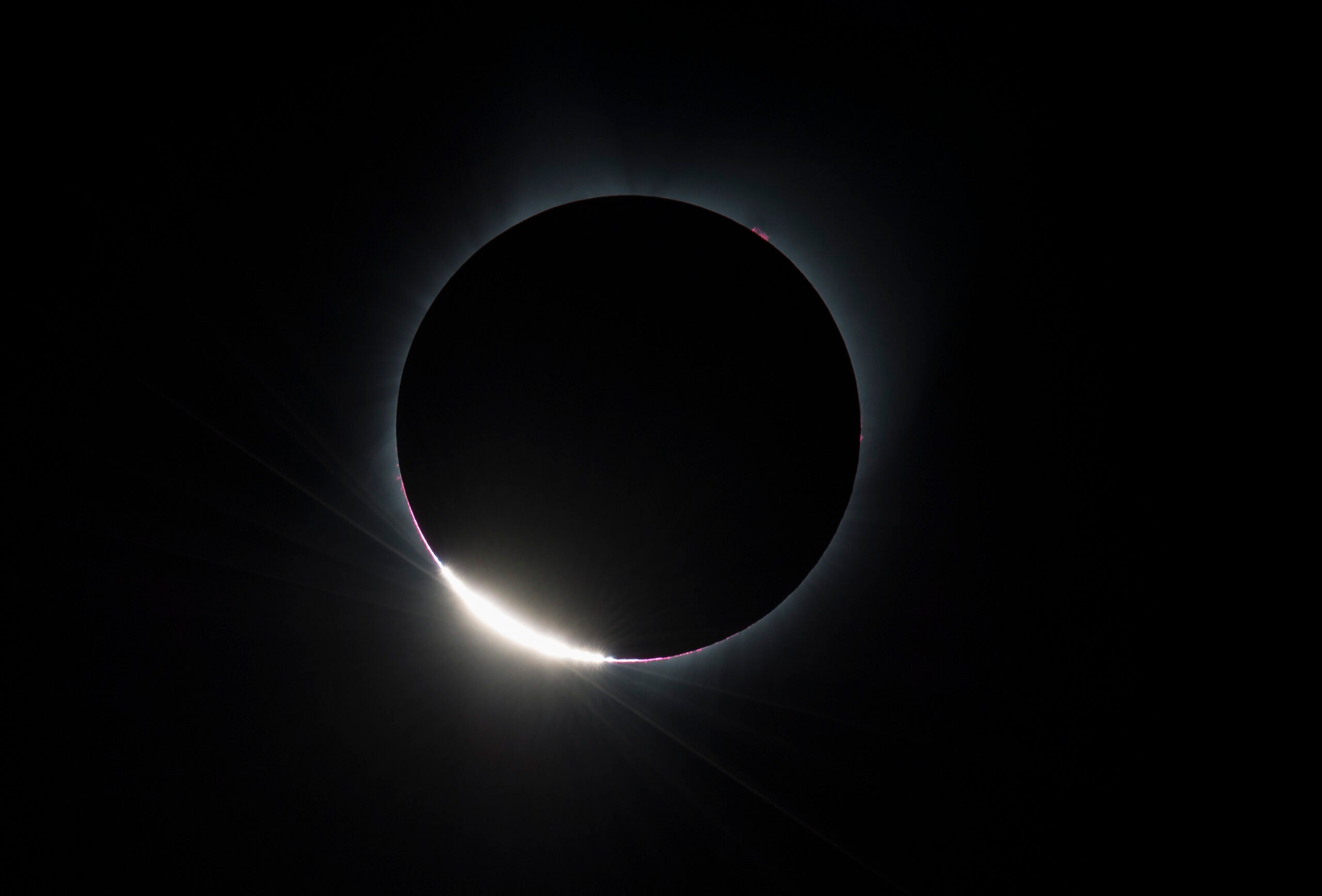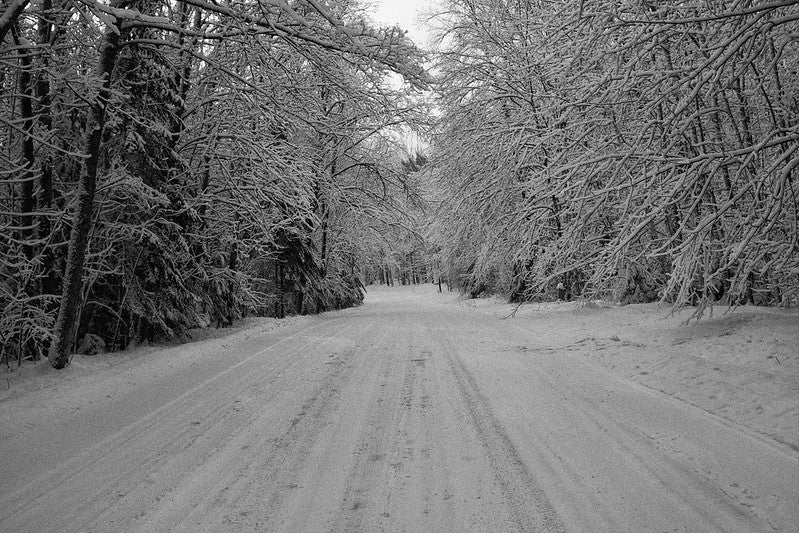Natural Science
-
‘The fossils won’t be going to Kenosha anymore’: Unique fossil hunting program at liberal arts college ends
On Jan. 4, the Carthage Institute of Paleontology shuttered, ending a long-standing agreement between the college and Kenosha Public Museums.
-
Which side is best for viewing the aurora borealis? A light rivalry between Superior and Duluth
Last week, the night sky in much of the country was ablaze with the aurora borealis, which were particularly spectacular in the greater Twin Ports area. But with skywatchers on both sides of St. Louis Bay, which is best for viewing the northern lights — Superior or Duluth?
-
A portal into underwater, prehistoric Wisconsin found in the heart of Waukesha County
In 1984, paleontologists found and saved a portal to prehistoric Wisconsin right in Waukesha County. Scientists are still discovering new fossils from it — most recently a leech that has pushed back the origins of the species by millions of years.
-
Future of Wisconsin’s Weis Earth Science Museum uncertain
Geologists say the museum, founded on the UW-Oshkosh Fox Cities campus nearly 25 years ago, is unique in the country for telling the story of Wisconsin’s geological and mining history.
-
Though elusive and rare in Wisconsin, golden eagles winter in the Driftless Area
The Raptor Resource Project’s golden eagle research is tracing what the eagles do in their summering and wintering grounds.
-
UW-Milwaukee geological museum receives international recognition for rare collection
This “time capsule” of 19th-century geological collecting includes about 55,000 fossils and 12,000 minerals from the area.
-
Ancient fossil named after city of Waukesha and a Wisconsin curator
Wisconsin paleontologist Kenneth “Chris” Gass recently gave a new name to an ancient trilobite species. He says it’s an exciting time for paleontology in the state.
-
Small earthquake registered near Sturgeon Bay Friday
A small earthquake was recorded under Lake Michigan on Friday morning east of Sturgeon Bay.
-
Wisconsin eclipse chasers plan to drive a thousand miles for total solar eclipse
At the time of peak overlap around 2 p.m., approximately 90 percent of the sun will be obscured by the moon in Kenosha.
-
Small earthquake recorded Sunday near Crandon is Wisconsin’s first in 11 years
For the first time in more than a decade, geologists recorded a small earthquake near Crandon on Sunday. The U.S. Geological Survey, or USGS, recorded a 2.5 magnitude earthquake around […]

